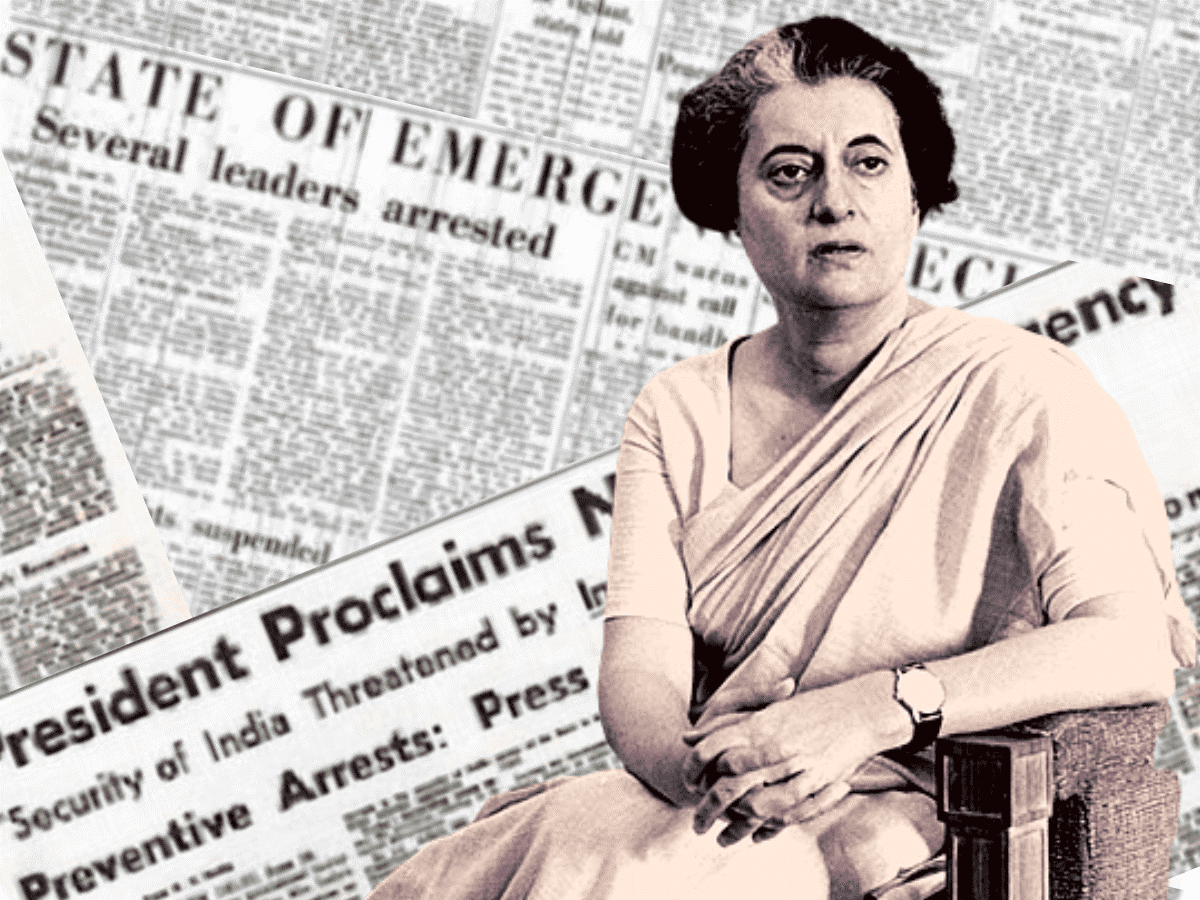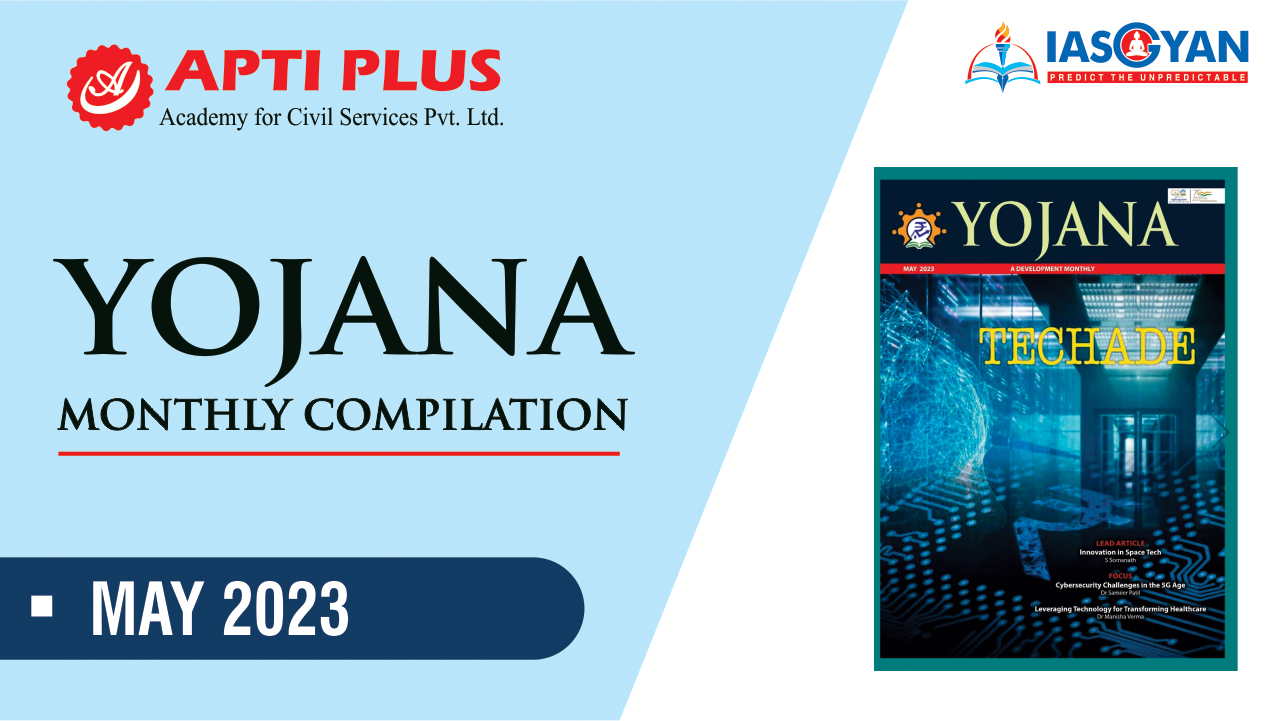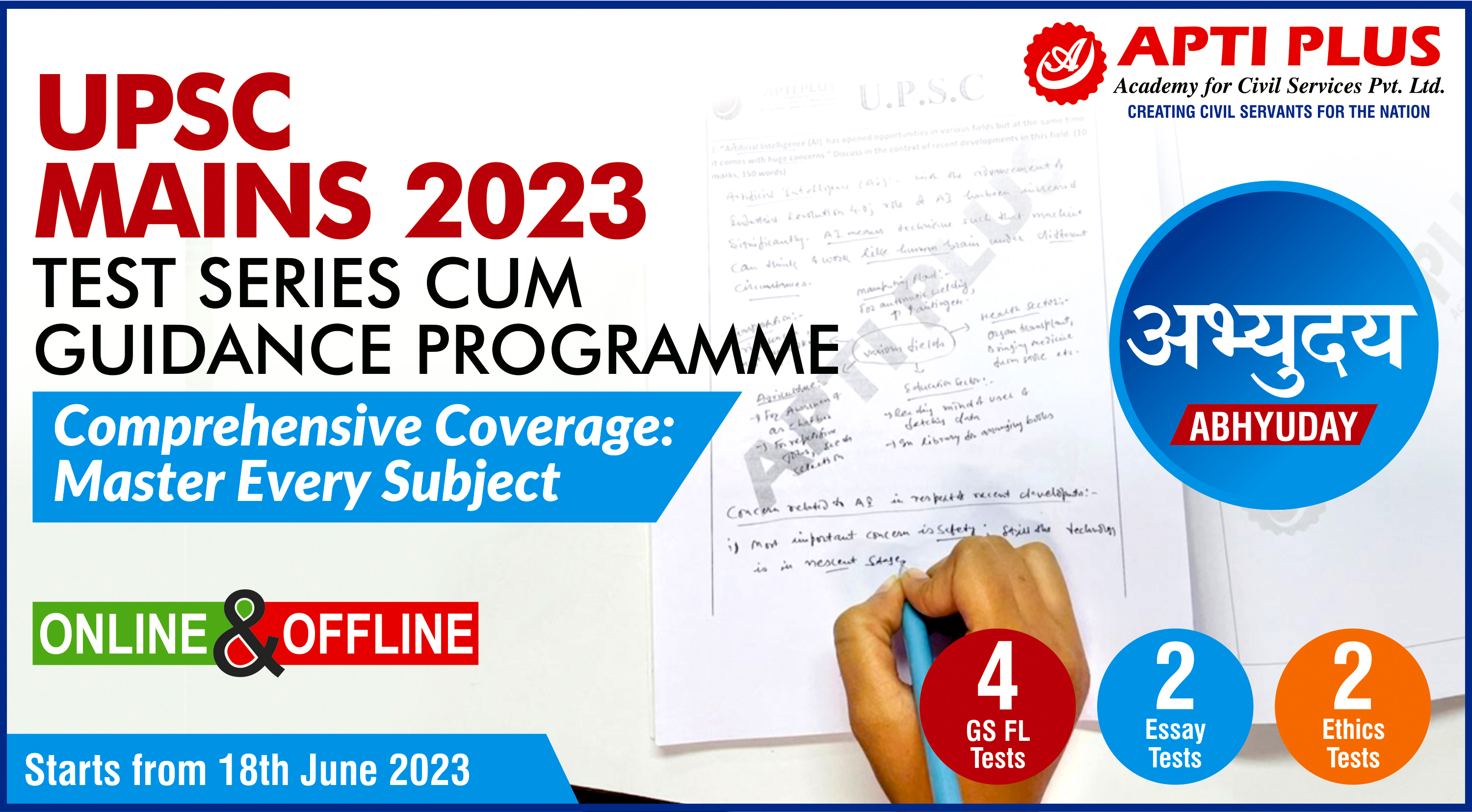Description

Disclaimer: Copyright infringement not intended.
Context
- Days of 1975 Emergency were recalled by PM Modi, On June 18 in 102nd episode of Man ki Baat, by terming them the darkest period of Indian democracy in History of India.
- He discussed the sufferings of people during this time.
Emergency of 1975
- On June 25, 1975 The President of India Fakhruddin Ali Ahmed has proclaimed the Emergency.
- During 1975 – 1977, it was a 21-month long National emergency.
- In this period India’s democratic functions were ignored. Hence it adversely impacted the social and political outlook of India.
Reasons behind proclamation of Emergency
- Indira Gandhi, the then PM of India was being accused of totalitarian tendencies.
- Such tendencies were accentuated when Raj Narayan won a case against Indira Gandhi.
- In this case the allegations of electoral malpractices were found true and Indira Gandhi was guilty as per Allahabad High Court.
- The court dismissed her electoral victory from Rae Bareilly and barred her for 6 year from holding any elected office.
- Indira advised Indian President to impose National emergency to stay as PM of India and to control the Nation by shutting every voice which was raising against her.
- The existing political and economic conditions of the country were conducive for instance –
- A recent war with Pakistan.
- Oil crisis of 1973.
- Drought affecting food security of lakhs.
- On-going frequent protects hampering productivity of economy.

Implications of this Emergency
Negatives
- People in opposition of her autocratic tendencies faced torture of police.
- There was suspension on civil liberties and Fundamental rights which were guaranteed by constitution.
- A total disregard to basic human rights and other provisions of constitution.
- To control the information flow, Censoring and Pre-censorship of press and other media were on peak.
- Political opponents, in thousands, were arrested in false cases and sent to prisons. For instance - JB Kripalani, Vijayaraje Scindia, Arun Jaitley, Atal Bihari Vajpayee, Chaudhary Charan Singh, Mulayam Singh Yadav etc.
- Forced sterilisation campaigns across nation were carried by his son Sanjay Gandhi.
- It changed the constitution so much, with 42nd amendment of 1976, it was termed as mini constitution
Positive
- During this period economic growth was good.
- It was a period of productivity, for instance Industrial and agricultural Production, in various sectors of economy and saw efficiency of work hours.
- Inflation was low making thing affordable to masses.
- Imports slowly started declines while there was a rise in export.
- 42nd constitutional amendment has a positive impact on environment as added a provision to safeguard environment and the forest reserves of India.
- The implicit nature of Indian state, which is Socialist and Secular, was made explicit by adding these terms to preamble of India
Protest and Final result
- This emergency, however at a low scale, was resisted by various newspapers.
- Leader, by taking inspiration from Gandhi, started filling prisons.
- Finally in 1977, Indira Gandhi called for fresh elections to loksabha by releasing all political prisoners and ended the emergency officially.
- Congress lost to Janata Party in a humiliating defeat.
Must read Article:
Emergency
https://www.iasgyan.in/daily-current-affairs/article-356
|
PRACTICE QUESTION
Discuss the implications of National Emergency of 1975 to the democratic traditions of independent India. Also mention the bright side of this darkest chapter of the history of Independent India.
(150 words)
|

https://indianexpress.com/article/explained/explained-history/pm-modi-emergency-mann-ki-baat-8670962/







